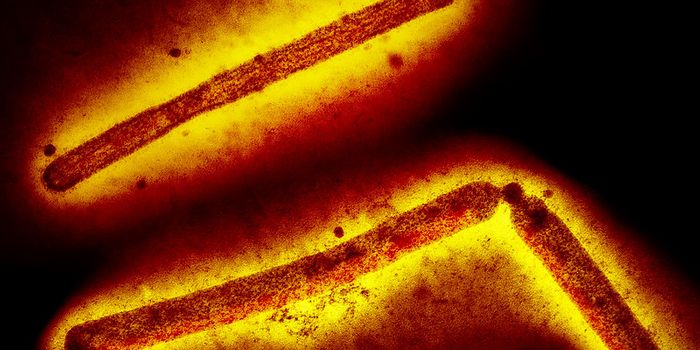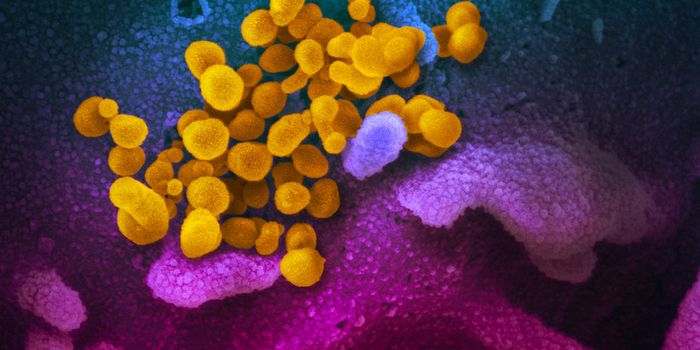Understanding Why Flu Can be Fatal
Most of the time, people who are infected with the influenza virus can recover on their own. But sometimes, flu infections can be very serious and may even be life-threatening. Often, that happens when bacterial pneumonia occurs during a flu infection. Now researchers have learned more about these so-called superinfections, which may also be a complication for some patients infected with the coronavirus SARS-CoV-2.
Though influenza is caused by a virus, the most common reason why it kills people that are infected is a secondary infection that causes bacterial pneumonia, often caused by pathogenic pneumococci bacteria. It seems that a flu infection sensitizes a person to pneumococcal infections. Reporting in the Proceedings of the National Academy of Sciences, researchers have now used an animal model of Streptococcus pneumoniae infection to show that flu infections can cause changes in the lower airways that encourage pneumococci growth in the lungs.
"The ability of pneumococcus to grow in the lower airways during an influenza infection seems to depend on the nutrient-rich environment with its higher levels of antioxidants that occurs during a viral infection, as well as on the bacteria's ability to adapt to the environment and protect itself from being eradicated by the immune system," said the principal study investigator Birgitta Henriques Normark, professor at the Department of Microbiology, Tumor and Cell Biology, Karolinska Institute.
During a flu virus infection, nutrients and antioxidants leak into the lungs from the capillaries, creating an environment that's hospitable to bacteria growth. Pneumococci that find their way into the lungs and grow there can produce an enzyme called HtrA. The HrtA enzyme disrupts immune system function, promoting the growth of more bacteria. If HtrA is not present, the bacterial growth stops.
"HtrA is an enzyme, a protease, which helps to weaken the immune system and allows pneumococcal bacteria to penetrate the protective cell layer on the inside of the airways," explained the first study author and Karolinska Institute researcher Vicky Sender. "A possible strategy can therefore be use of protease inhibitors to prevent pneumococcal growth in the lungs."
This research helps show how pathogenic bacteria find a way to thrive in the lung environment and may help open up new treatment options for patients that are infected with both the influenza virus and pneumococcal bacteria.
Some COVID-19 patients may also be susceptible to secondary bacterial infections, but it is not yet known if the same mechanisms are at work.
"It's likely that acute lung inflammation, regardless of cause, gives rise to leakage of nutrients and antioxidants, and to an environment that fosters bacterial growth," suggested Normark.
Sources: AAAS/Eurekalert! via Karolinska Institutet, Proceedings of the National Academy of Sciences









